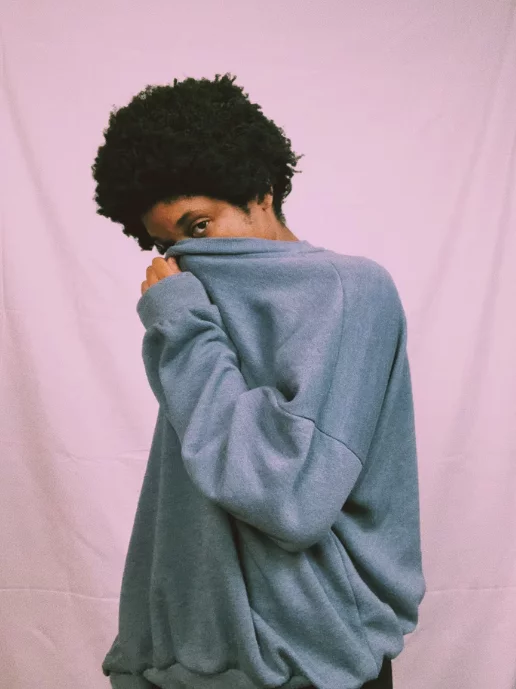
When you’re struggling, it can be difficult to determine what to ask for help with first- or even how to ask for help at all. Substance use disorders are one of the most commonly co-diagnosed disorders, meaning they’re often diagnosed with one or more other conditions that work alongside addiction to create the symptoms you experience. This makes it difficult to identify where to begin or what you’re feeling.
As a holistic recovery facility, Villa Kali Ma specializes in identifying and responding to each aspect of your treatment as it impacts you now and into the future. Below is a list of the struggles we most often see as co-occurring disorders and how they impact your relationship with addiction.
Eating Disorders
So much is out of your control when you’re struggling with addiction that it’s no wonder some people find solace in creating that control elsewhere—like food. Eating disorders impact the lives of nearly 10% of all Americans at some point, and they’re the second highest cause of mental illness-related death (second only to opioid overdose). Even in the statistics, a relationship seems plausible.
Eating disorders include anorexia, bulimia, binge eating disorder, avoidant food intake, body dysmorphia, and pica. When you’re struggling to control the urges and intake of substances at the height of addiction, it can feel almost gratifying to instead begin to control your food. Some people may suffer from more than one eating disorder, just as others suffer from multiple substance use difficulties.
Mood disorders
The most well-known mood disorder is bipolar disorder, which is characterized by prolonged periods of mania and depression- vastly differing mood spaces where your responses may be unpredictable, and your inhibitions may be directly responsive to those moods. Other mood disorders like major depression are also common, and the correlation between the two is so high that there’s a mood disorder distinctly related to addiction called substance-induced mood disorder.

Anxiety Disorder
Anxiety may sound like it belongs in a category with mood disorders, but anxiety is a state of being, not a mood. Rooted in feelings of powerlessness and overwhelming fear of a particular trigger, anxiety disorders come in a few forms. The most common are generalized anxiety, panic disorder, and phobias (a debilitating fear of a particular thing).
When anxiety presents alongside substance use, it’s often a tactic to divert the feelings anxiety brings on into something else. Anxiety is uncomfortable, and worry can be consuming. The physical impact is tiring and overwhelming. For those who also use substances, an anxiety attack may be self-medicated with their substance of choice. This often makes the two feel not only co-occurring but so intricately linked that they can’t fathom how to handle the anxiety without the substance.
Attention Deficit and Hyperactive Disorder (ADHD)
For brains that move so quickly, you often feel like thoughts are shooting stars instead of ideas, substance use can be a respite of calm. ADHD creates a struggle of executive dysfunction and energy in a race to participate in your life at a stable speed. When combined with the use of substances, they may feel like a way to sit down, slow down, and actually get something done.
Post Traumatic Stress Disorder (PTSD)
PTSD makes you 14 times more likely to experience substance abuse disorder—and it’s really no wonder that these things are co-diagnosed. After experiencing trauma, life can feel like a battlefield. Finding any and everything you can to cope with the intrusion of trauma responses that occur in daily situations may feel like the only way to get through it.
Using substances as a coping mechanism may feel like the only option, but they are tools that can be weaponized against you as they contribute to heightened responses that may worsen your PTSD.
Getting the holistic help you’re hoping for is possible
Tangled symptoms and fear of failure may be holding you back, but it doesn’t have to. There are options to support all of your needs, and there is no need for you to choose just one. When you’re ready, Villa Kali Ma will be here with options for the recovery you need, no matter what’s co-occurring in your world.

